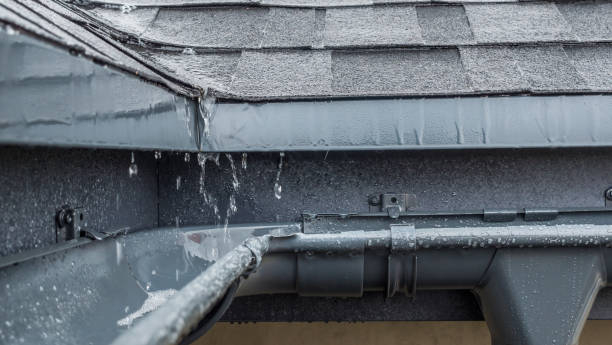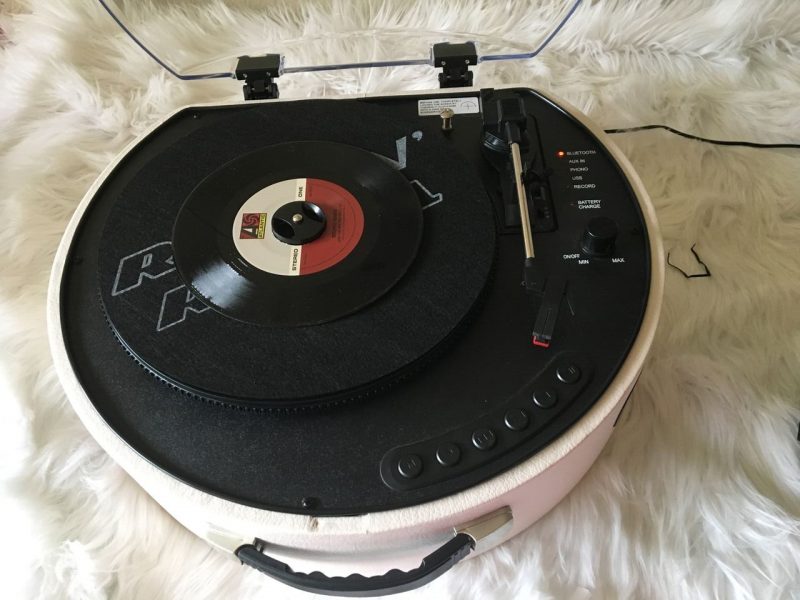Summer Is a Big Season for Water Damage—here’s How to Prepare Your Home
You may have seen a leaking roof, a leaking pipe, or a flood. What do you believe they have in common, though? They cause water damage. Water damage, regardless of its source, causes severe damage. Therefore, it’s essential to protect yourself and your belongings.
Water damage may cause structural damage to a property if it stays undiscovered for a long time, as it frequently does. Here water Damage Company sharing some tips to keep your home safe from water damage.
- Cleaning all the gutters
Gutters clogged with dead leaves, bird nests, branches, or other debris may have a more difficult time draining water from your roof. Clean your gutters at least twice a year to prevent blockage.
On a wet day, a blocked gutter can take water through the roof, basement, or foundation of your home. It might cause puddles, which could damage your foundation.
When you conduct some seasonal cleaning, make sure your gutters are clear and that your downspouts are at least 1.8 meters away from your home’s foundation wall. Take measures and hire a water damage specialist to check, clean, or both your gutters if they are overflowing.
2) Keep a check of appliances
We recommend that you pay special attention to the condition of your washing machine and refrigerator hoses. It reduces the amount of damage caused by a flood to your home. Check and maintain equipment such as your washing machine and dishwasher regularly to avoid leaks, as directed by the manufacturer.
Check for leaks and water damage in your air conditioner, especially if it’s working overtime during the summer. Outlets, switches, and wiring should all be raised at least 12 inches above flood levels.
Hoses should be inspected and changed at least once a year if any indications of wear are apparent (cracking, bulging, corrosion). They regularly leak and are one of the most prevalent sources of water loss in houses as they age and become more brittle. Even if they are in good condition, you should change hoses every ten years.
3) Don’t let freeze the pipe
Water, pipes and cold don’t make for a great mix. If your home isn’t heated, your pipes are exposed to the cold, or water is left in outside water hoses all winter, ice blocks can form, resulting in severe pipe damage. Even if you’re going to be gone for an extended period, use a smart thermostat to keep your home at a minimum temperature of 10 degrees Celsius. Warm water must be allowed to flow through pipes.
Turn off the water supply at the stopcock if a residence will be unoccupied for an extended length of time. Ensure that someone comes to your home or that your water supply lines are turned off.
4) Maintain the proper length of trees
Shrubs thriving can be attractive if their roots don’t wrap around your pipes and cause damage. It would help if you do not plant trees and bushes too near lines, and those that have grown too large should be removed.
Weeping willows, for example, have invasive root systems. If you don’t keep an eye on your drainage system, pipes, or septic tank, these roots have the potential to take over. As a result, landscaping around utility pipes should be avoided to the greatest extent possible.
It would help if you planted trees at least 20 feet from your home. You should make sure the soil around your house should slopes in the right direction so that water drains away from the foundations of your home and toward the street or trough.
5) Fixing the leaks
Look for any dark areas on the ceiling or pipes. If you see evidence of a leak somewhere in your house, you should investigate it right away. Leaky pipes that are visible should be fixed as soon as possible.
It’s a good idea to have a look at the drainage system. Insufficient drainage weakens your foundation, causing cracks, uneven settling, and water entrance sites. On the roof, look for any missing, loose, or damaged shingles.
If you choose to ignore moisture problems or put off necessary repairs, your home may suffer from mold, mildew, dry rot, or even structural damage.
Remember that your homeowner’s insurance will cover any accidental or unanticipated damage. A basic homes insurance policy does not cover damage resulting from a lack of upkeep. As soon as you notice water damage, you should call a restoration agency.




